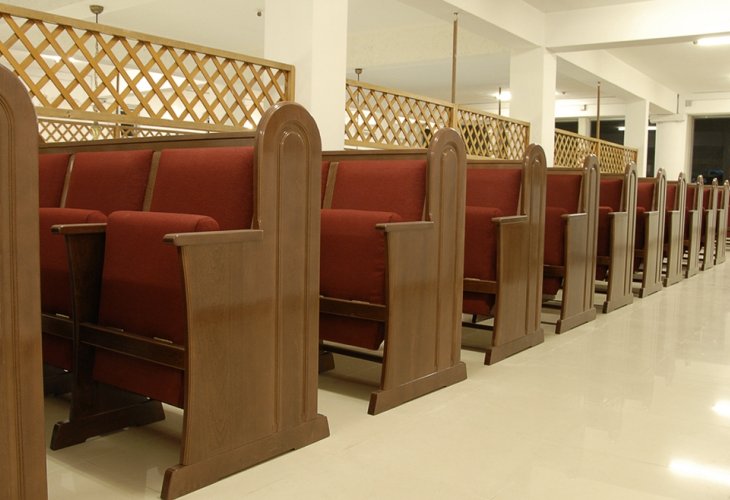Personal Stories
A Quiet Return That Echoed Through Generations
A gentle word from a caring rabbi turned one lost soul into a dynasty of Torah, mitzvot, and kindness
 (Photo: shutterstock)
(Photo: shutterstock)About 150 years ago, in the city of Würzburg, Germany, a young man named Jacob was slowly drifting away from his Jewish roots. The world around him was changing. The winds of the "Enlightenment" were strong, and many Jews, especially the younger generation, were swept along with them. Jacob, who had lost his parents at a young age, found himself growing more distant from Jewish tradition.
But one day, something stirred inside him. He suddenly remembered that it was his father’s yahrzeit—the anniversary of his father’s passing. Along with that memory came the promise he had made: to say Kaddish, the special prayer for the soul of the departed, each year on this date.
At first, he tried to push the thought away. After all, he hadn’t set foot in a synagogue in a long time. But as the day went on, his heart wouldn’t let him forget. That evening, he found himself standing nervously outside the city’s main shul (synagogue).
He slipped inside quietly, hoping no one would notice him. To his relief, everyone was deep in the silent Amidah prayer, and no one looked his way. He waited at the back until the time came to say Kaddish. Then, in a clear voice, he said the words he still remembered from childhood.
The moment the Kaddish ended, Jacob turned to leave quickly. But then—he felt a warm hand on his shoulder.
He turned around to find a tall, dignified man smiling warmly at him. “Shalom aleichem, peace be upon you and welcome,” the man said. “My name is Rabbi Yitzchak Dov Halevi Bamberger. I’m the rabbi of the city.”
Jacob was stunned. He didn’t know what to say. But the rabbi’s smile, his warmth, and his presence immediately put him at ease.
“I’m so moved that you came to say Kaddish for your father,” Rabbi Bamberger told him. “It’s clear that even in difficult times, the spark of your neshama (soul) is still alive. Your father must be so proud in the World Above. You’ve done something beautiful today.”
That was it. A short conversation. Just a few heartfelt words.
But for Jacob, it was life-changing.
He walked out of the shul with tears in his eyes. That night, he cried again—this time in private. He cried for his father, for his past, for everything he had almost given up. And slowly, that spark lit into a flame. He began returning to the traditions he had once left behind. He came back to shul, began learning again, and eventually built a home with a woman who shared his renewed love for Torah.
Together, they had thirteen children. Their home was filled with love for Hashem, mitzvot (Torah commandments), and truth.
Now, 150 years later—even after the tragedy of the Holocaust—Jacob’s descendants number over 5,000. Each one of them follows the path of Torah. They live with emunah (faith), keep mitzvot, do acts of kindness, and learn Torah. Just think of the countless blessings that came into the world—all from one man returning to his roots.
And what caused that return?
A single warm compliment. A smile. A caring rabbi who noticed someone standing quietly in the back of a synagogue and made him feel welcome.
The story, passed down by one of Jacob’s own descendants, reminds us just how powerful our words can be.
Every day, we meet people who might be feeling lost or invisible. One kind word, one small act of recognition, can change their life. We may never know the impact we’ve had—but in Heaven, it’s all recorded. A smile isn’t just a stretch of the lips—it’s a gift that can light up someone’s entire soul.
So the next time you see someone new, or someone who looks unsure—say something kind. You might be planting the seed of an entire generation of light.

